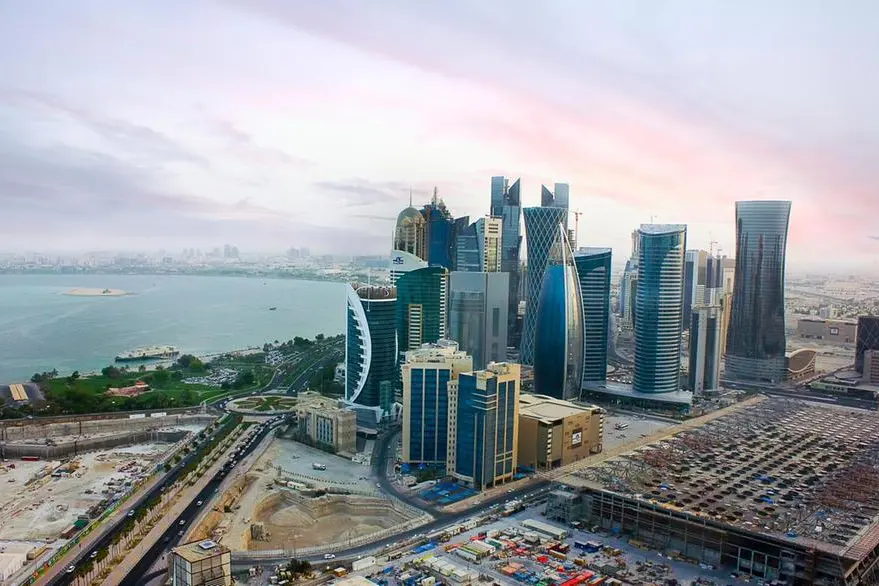PHOTO
Qatar's real GDP growth is expected to accelerate to 3.2 percent in 2022 as economic recovery gains strength on the back of rebounding domestic demand, higher hydrocarbon prices, and the preparation for the 2022 FIFA World Cup, according to the International Monetary Fund (IMF).
The global fund had previously penciled in a 4 percent GDP growth rate for the gas-rich Arab state.
The Qatari authorities’ strong response to the pandemic has helped to minimize the negative impact of the pandemic and facilitate the recovery, the global lender said in an end-of-mission statement on Tuesday.
The IMF team, led by Ran Bi, said: “The Qatari authorities’ swift and decisive response to the COVID-19 crisis has dampened its health and economic impact and paved the way for a speedy recovery… In addition, the comprehensive economic support package has provided much needed relief to the most affected households and firms and ensured sufficient liquidity in the banking system."
Near-term growth will be boosted by the FIFA World Cup and favorable hydrocarbon prices. The ongoing LNG expansion project is expected to support medium-term prospects, she added.
However, downside risks to the outlook stem from potential new virus strains, geopolitical tensions and conflicts, tighter and more volatile global financial conditions and energy market volatility.
The fund warned that in the long run, while Qatar’s focus on LNG can help to ease the energy transition process, there is the ultimate risk that the global shift to renewals could reduce demand for hydrocarbon.
On the state on the banking sector in Qatar, IMF said it remains well-capitalized and liquid, with relatively low levels of non-performing loans (NPLs).
However, to balance the need to facilitate the recovery and to ensure banking sector strength, a carefully calibrated exit from remaining support measures is crucial. "In this context, the planned gradual reduction in the allocation for the zero-interest repo facility is welcome, while the strength of the economic recovery would allow the exit from the blanket loan moratorium beyond March we recommend replacing it with time-bound measures targeting distressed but viable borrowers," she said.
The statement also said Qatar has made progress in advancing structural reforms during the pandemic. "It became the first GCC country to abolish Kafala with a mandatory minimum wage and allowances for food and housing. Various reforms have been introduced to boost foreign and private investment and improve productivity and competitiveness."
(Reporting by Brinda Darasha; editing by Seban Scaria)





















